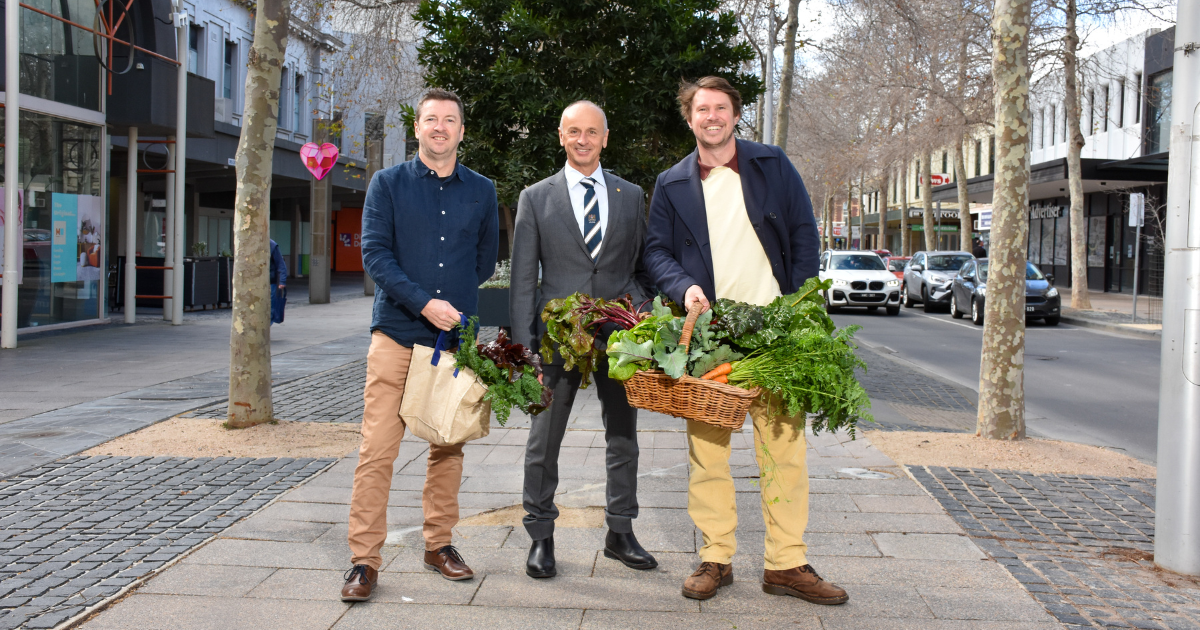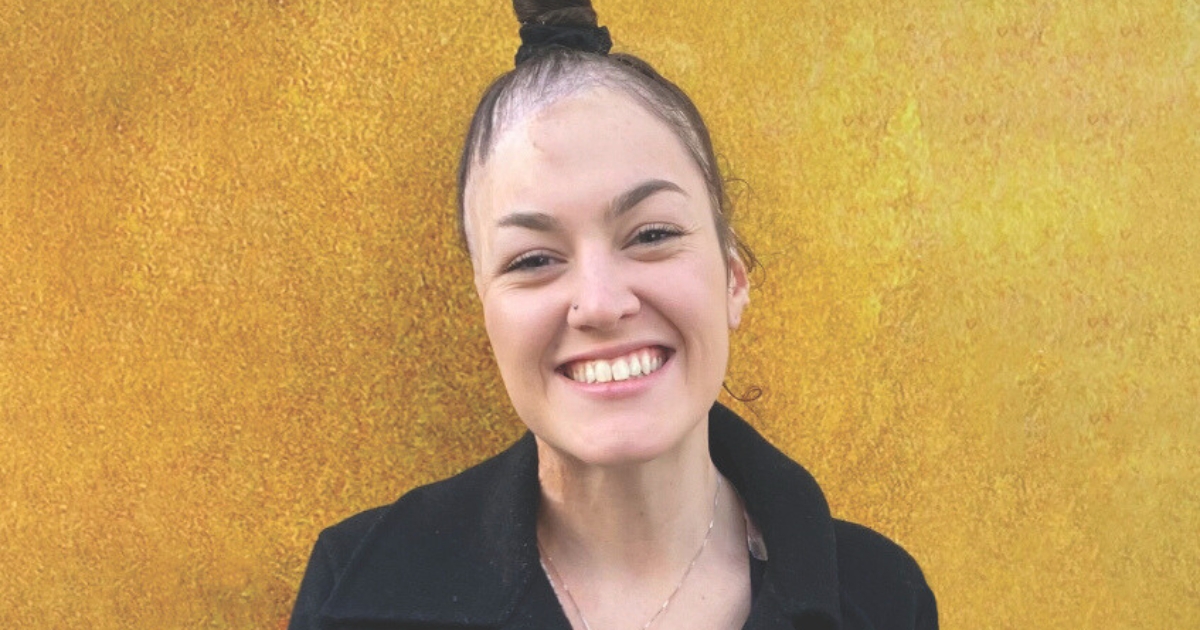Warning issued about rare but fatal bat virus

Lyssavirus has been found in four bat species within Australia, including the Grey-headed flying fox.
VICTORIANS should not handle bats and should phone a trained wildlife rescuer if a bat is found in trouble, Victoria’s Deputy Chief Health Officer has warned.
Dr Brett Sutton said people should not touch bats under any circumstances because the animals carried diseases such as Australian Bat Lyssavirus, which is rare but fatal to humans.
He said less than 1 per cent of healthy bats carry Australian Bat Lyssavirus, but if a person was scratched or bitten by a bat with a virus and was not treated after exposure, the virus was 100 per cent fatal if symptoms occurred.
In Victoria, 14 bats have been diagnosed with lyssavirus since the disease was first recognised in 1996. The most recent detection was in a bat found in Hawthorn in April.
“Unfortunately, a man trying to assist a distressed animal was bitten. The bat was found to be carrying lyssavirus and the man has received a two week course of rabies vaccine to prevent him developing the disease,” Dr Sutton said.
“In Victoria up to three people a week may require post-exposure treatment after being bitten or scratched by a bat. Post exposure treatment is very effective and no one who has received it has ever developed the disease.”
Lyssavirus has been found in four bat species within Australia, including the Grey-headed flying fox.
“As long as people avoid touching bats, flying fox colonies and fruit bats that forage in eucalypts and fruit trees pose little risk to Victorians.”
If anyone encounters a sick or injured bat, they should not attempt to touch the animal but phone Wildlife Victoria on 8400 7300 for a wildlife rescuer.
If someone is bitten or scratched by a bat, they should wash the area with soap and water and see a medical practitioner for advice on the same day.
If anyone suspects Lyssavirus in a bat, they can phone DELWP on 136 186 or the Emergency Disease Watch Hotline on 1800 675 888.
For more information about Australian Bat Lyssavirus, head to betterhealth.vic.gov.au/ health/ConditionsAndTreatments/Australianbat- lyssavirus.

















